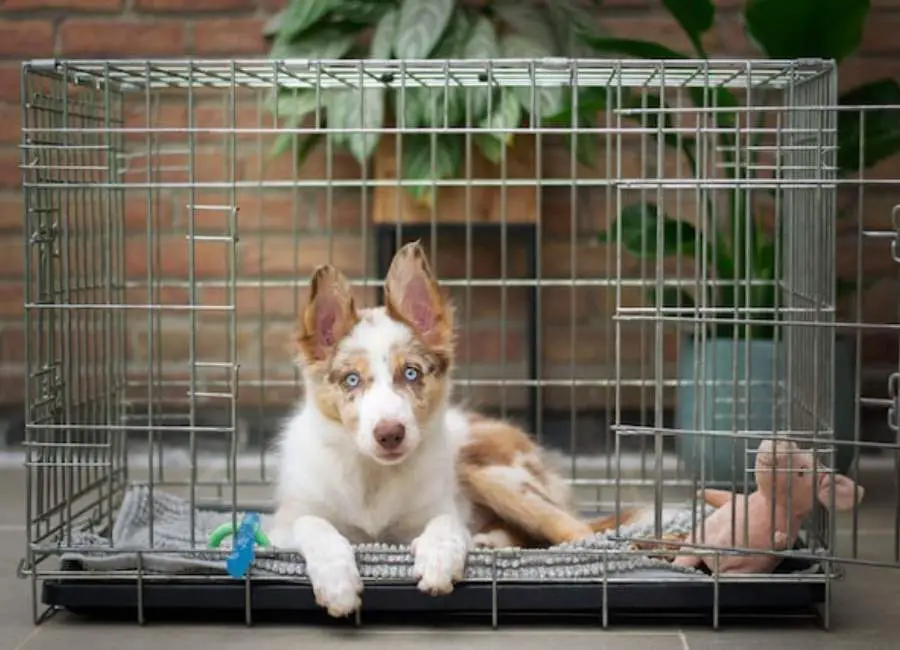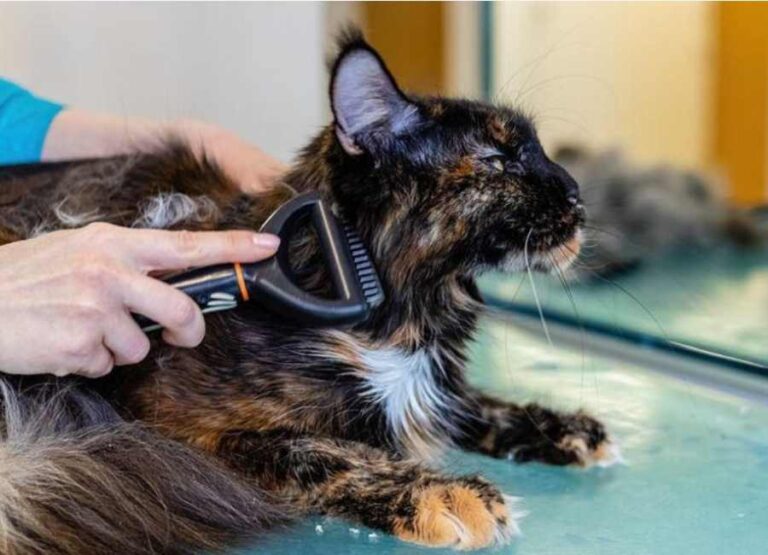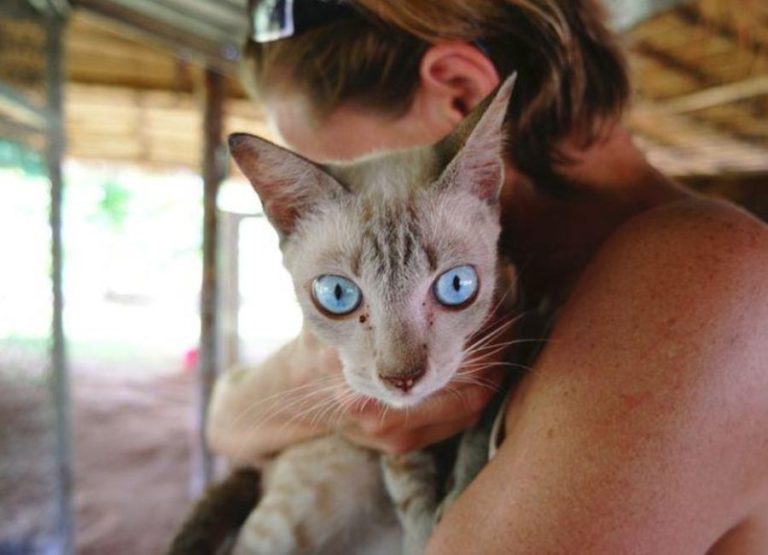Tips For 12 week puppy pooping in crate

The initial stages of toilet training can be difficult for many new puppy parents.
It may be a lengthy and difficult process, ranging from teaching your dog the fundamentals of crate training to guarding against mishaps.
However, you may effectively educate your dog to defecate in its kennel if you follow the appropriate guidelines and techniques.
We’ll go over the fundamentals of crate training a 12-week-old puppy in this blog article, as well as the best methods for avoiding accidents and advice for putting your pup up for success.
You can teach your dog to use their crate as the designated toilet place using these methods and advice, and you can make the potty training process simple and effective.
Tips for 12 week puppy pooping in crate
If your 12 week old puppy is pooping in their crate, there are a few things you can do to help solve the problem:
Ensure the crate is the appropriate size
Make sure the crate is the right size It should be large enough for your puppy to easily stand up, turn around, and lie down, but not so huge that they can use one end as a restroom and the other as a sleeping space.
Take your puppy outside frequently
Take your puppy outside regularly since puppies need to go outside to relieve themselves frequently due to their tiny bladders.
Every hour throughout the day, take your puppy outdoors as soon as they wake up, after complete feeding or drinking, and after playing.
This will teach them that the bathroom is outside, where it belongs.
Clean the crate thoroughly
Due to their keen sense of smell, puppies should only be housed in crates that have been well-cleaned using an enzyme cleanser.
They could keep using the crate as a bathroom if they can still smell it.
Provide positive reinforcement
Praise your dog and give them goodies or playtime when they go potty outdoors.
This will teach kids that using the restroom outside is beneficial.
Monitor your puppy’s diet
Make sure your dog is not overeating and is receiving high-quality, readily-digested food.
Overfeeding can result in more frequent and erratic bowel motions, which can make potty training your puppy challenging.
Create a routine
Puppies thrive on predictability and regularity.
Establish a regular feeding and toileting routine and follow it as closely as you can.
This will assist your puppy in learning when it’s time to sleep in its crate and when it’s time to go outside.
Provide enough exercise and playtime
Puppies require a lot of physical activity and fun to burn off energy and maintain good health.
Your puppy’s digestive tract may be regulated with regular exercise and playing, which will make it simpler for them to control their bowel motions.
Seek help from a professional
Consider getting expert dog training assistance if you’re having trouble potty training your puppy.
They may provide you with individualized suggestions and direction to assist you in overcoming any difficulties and effectively potty training your dog.
Start proper crate training
Proper crate training is another interesting way to stop a 12-week-old puppy to stop pooping in his crate.
Step-by-step puppy crate training process
Your puppy may learn healthy behaviors, set boundaries, and feel comfortable and secure in their new home with the aid of crate training.
Here is a step-by-step manual for teaching your puppy to use a crate:
Choose the right crate
Select a crate for your puppy that is the right size. Here is our recommended crate for a 12-week-old puppy.
They should be able to stand up, turn around, and lie down without difficulty, but it shouldn’t be so large that they may use one end as a restroom and the other as a sleeping area.
Consider the crate’s construction (wire, plastic, etc.) and whether it includes a partition to allow you to change the size as your puppy develops.
Introduce the crate
Place the crate in an area where your dog can see and smell it.
Allow your puppy to independently explore the kennel with the door left open.
To get your dog to enter the crate, you may also put food or toys inside.
Feeding in the crate
Before moving the food bowl inside the crate, start by giving your puppy meals close to the crate.
This will assist your dog in developing good associations with the crate.
Positive reinforcement
Encourage your dog to go inside the crate by providing positive reinforcement, such as treats or praise.
Give them a treat and praise them when they enter the crate independently.
Gradually increase time
Increase the length of time your puppy spends inside the crate once they feel secure doing so.
Start with brief intervals of time—like five minutes—and progressively extend them to an hour or more.
Do not reward whining
Do not allow your puppy out of the kennel if they are whining or crying inside.
This will educate your pup that complaining will result in their desires being met.
Instead, give them praise or a treat when they have calmed down.
Teach sleeping in the crate
Start putting your puppy to sleep in the crate at night after they feel secure spending time there.
Put the kennel somewhere where the puppy can hear and smell you, such as your bedroom.
Extend crate time
You may gradually begin putting your puppy in the crate for longer stretches of time during the day as they get used to sleeping there.
Supervised time outside of the crate
Start giving your puppy supervised time outside the crate after they are comfortable spending long periods of time there.
This will teach them how to act properly outside the crate.
When teaching your pup to sleep in a crate, keep in mind to be patient and persistent.
Although it may take some time, crate training may be a valuable tool for assisting your puppy in forming positive behaviors and a sense of security in their new home.
Potential reasons why 12 week puppies poop in their crate
There are several reasons why puppies may poop in their crate:
- They have not yet learned to control their bladder and bowels: Puppies have tiny bladders and must excrete regularly since they have not yet learned to manage them. They could find it difficult to control their bowel or urine motions, and they might end up using their box as a result.
- They feel stressed or anxious: Puppies are susceptible to separation anxiety, especially when they are left in their kennel by themselves. Stress from this worry may cause bowel motions.
- The kennel is too big: A puppy may believe that they have enough room in a box that is too large for them to feel comfortable sleeping and using the restroom. Choosing a crate for your dog that is the proper size is crucial.
- They don’t spend enough time outside: Puppies require regular toilet breaks outside, especially after meals or naps. If you don’t offer them enough chances to go outdoors, they can end up using the container.
- They are not getting enough exercise: Puppies require frequent exercise to preserve both their physical and mental health, but they are not receiving enough of it. If they aren’t exercising enough, they could grow restless and struggle to contain their bowel motions.
- They don’t have a regular eating schedule: A regular feeding plan can aid in regulating a puppy’s bowel movements. Puppies thrive on regularity and consistency. They might not be able to control their bowel motions if their food schedule is irregular, which could result in accidents in their crate.
- They may have a medical problem: If a puppy continues to defecate in their cage despite regular exposure to the outdoors and appropriate crate training, it may have a medical problem. To rule out any underlying medical concerns, it’s crucial to take them to the vet.
- They haven’t been properly housebroken: A puppy who hasn’t been housebroken may not comprehend that their kennel is a place for sleeping and not for going potty. In order to properly educate a puppy to use a crate, the time spent there must be progressively increased, and good behavior must be rewarded.
Establishing a schedule and taking puppies outdoors often, especially after meals and naps, are crucial to preventing puppies from going potty in their crates.
Make sure your puppy has enough time to relieve themselves outside and that the kennel is the proper size.
Making the puppy feel safe and comfortable in the crate can also help to lessen tension and anxiety.
Learn more about the benefits of regular medical check-ups for dogs.
Conclusion
Your 12-week-old dog is probably not yet fully housebroken if they are going potty in their kennel.
The easiest technique to house-train a puppy is to give him regular, easy access to the outside, so he can go potty.
Make sure your puppy has a schedule by taking them outside to the same location at the same times every day.
This will make it easy for them to develop the link between using the restroom outdoors and not in the home or cage and will help them learn to utilize the same location.
In addition, it’s crucial to give your dog a lot of praise when it uses the restroom outside.
Praise them and give them treats so that they understand that going potty in the right place is a good thing.





![Why Do Cats Sleep So Much [10 Reasons] Why Do Cats Sleep So Much](https://petcreeks.com/wp-content/uploads/2022/08/Why-Do-Cats-Sleep-So-Much-768x555.jpg)
![Bacterial Infections in Cats Symptoms [9 Signs] bacterial infections in cats symptoms](https://petcreeks.com/wp-content/uploads/2021/03/Symptoms-of-bacteria-infection-in-cats.jpg)